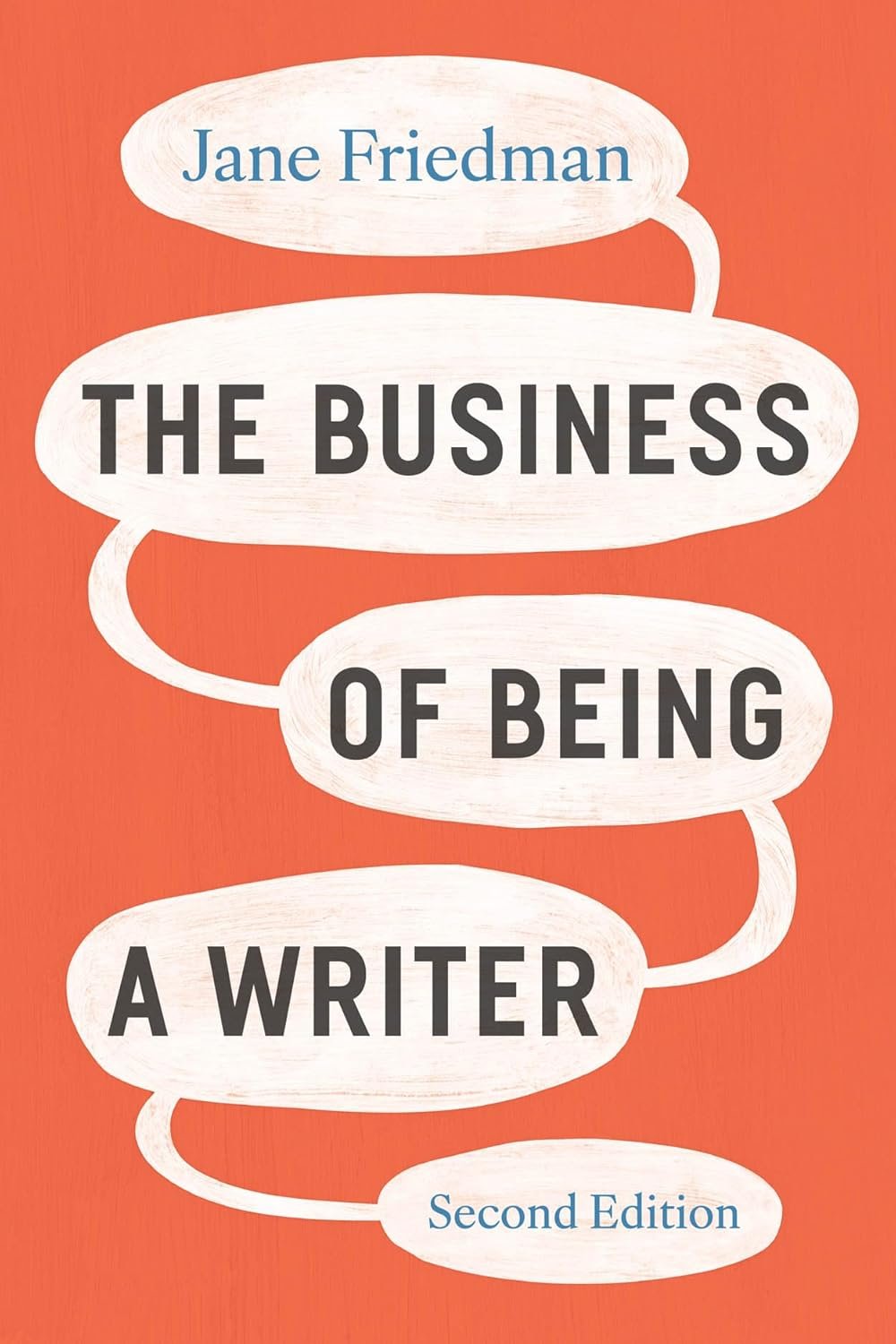
08 Aug Navigating the Literary Landscape: A Deep Dive into The Business of Being a Writer, Second Edition
Review of The Business of Being a Writer, Second Edition by Jane Friedman
When the idea of turning my passion for writing into a sustainable career began to take root, I felt an intoxicating mix of excitement and apprehension. How do writers navigate this complex world of publishing? Enter Jane Friedman: an industry expert and beacon for aspiring writers, whose latest edition of The Business of Being a Writer is exactly what I didn’t know I needed.
Friedman’s approach to writing is incredibly refreshing; she respects the art form while also grounding it in the business realities that often go overlooked. It’s a delicate balance, and she pulls it off with grace and insight. The book is structured with both new and seasoned writers in mind, making it an essential reference for anyone passionate about the craft. With 408 pages packed with practical tips and helpful exercises, Friedman explores crucial themes like building a platform, not just for visibility but for connection—a concept that resonated deeply with me.
One of my favorite aspects of the book is the emphasis on aligning a writer’s platform with their personal values. It’s a reminder that success is not solely measured by book sales but by the relationships we cultivate along the way. This ethos comes to life through memorable quotes, such as, "The secret to success, if any, is that you enjoy those hours of work—that the work breathes life into you, day after day." Those words struck a chord, reminding me that joy should be the foundation of my writing journey, not just a means to an end.
Friedman doesn’t shy away from the challenges either. She discusses mindset issues that can derail our best efforts before they even start. These hard truths felt like a comforting hug, a subtle nudge that it’s okay to struggle. I appreciated her candidness and found myself underlining passages that reflected my own fears and hopes. The new sections addressing business and legal issues are invaluable; they ground the creative aspects of writing in real-world considerations that every writer should be aware of.
Furthermore, the exercises at the end of each chapter provide a useful way to apply the lessons and reflect on my own practices. I felt a surge of motivation after working through them, almost as if I was having a conversation with a mentor, one who genuinely wants to see me succeed.
Reading this book felt like attending a workshop where the instructor encourages and inspires, but also tells it like it is—no sugarcoating. Whether you’re a newcomer still finding your creative voice or a seasoned writer looking to diversify your income streams, The Business of Being a Writer is more than just a guide; it’s a companion on your journey.
To anyone looking to deepen their connection with their craft while also navigating the often-daunting business side of writing, I wholeheartedly recommend picking up this book. Not only did it provide practical knowledge, but it also revived my passion and commitment to this path. With The Business of Being a Writer in hand, I’m stepping into a brighter, more informed future with my writing.









